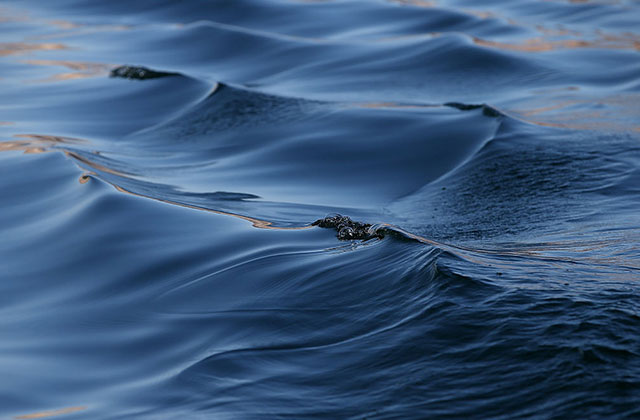The EPA, the Department of Army and U.S. Army Corps of Engineers took the first step yesterday (June 27) to rescind the Clean Water Rule, also known as the Waters of the United States or WOTUS rule, by issuing a 42-page rule proposal.
President Donald Trump signed an executive order directing EPA Administrator Scott Pruitt and the aforementioned agencies to review the rule on February 28. Former President Barack Obama enacted it to better define what bodies of water the Clean Water Act protects. It created greater defenses for smaller streams and rivers that feed into larger ones, helping keep drinking water sources clean from pollution.
People of color, including tribal communities, border communities and many living in rural areas, already disproportionately lack access to clean drinking water, though more data is needed to know the extent.
The Obama administration finalized the rule in May 2015, but it has yet to take effect. An appellate court blocked it in October 2015 after 18 states challenged the federal government on the rule. The court’s required stay allowed for further debate and discussion around the rule, according to Reuters.
The Supreme Court decided in April to continue with the case even though the Justice Department had asked it to halt the litigation while the Trump administration reviews it. Now, that the review has kicked off, the administration may strengthen its argument to pause the litigation.
“This is the first step in the two-step process to redefine ‘waters of the U.S.,’ and we are committed to moving through this re-evaluation to quickly provide regulatory certainty, in a way that is thoughtful, transparent and collaborative with other agencies and the public,” said Pruitt in an online statement.
The proposed rule would be identical to what the text said previous to the 2015 change—and to what the industry currently follows. The agency is giving the public 30 days to provide any comments. In total, however, the process will likely take a few years.
This move comes at the behest of the agricultural and fossil fuel industries, which have heavily opposed the rule for placing further regulations on them. Environmentalists, however, originally cheered the rule. They now worry what this repeal could mean for the drinking water of millions. The Guardian reports that the rule would have protected a third of U.S. residents’ water: That totals more than 100 million people.
